2 March 2025
Investing in real estate has long been considered one of the safest and most lucrative ways to grow wealth. Among the many opportunities available in the real estate market, foreclosed properties often stand out as a tempting option for seasoned investors and newbies alike. After all, who doesn’t love a good deal? But is it really as simple as snagging a bargain and cashing in big later? Like most things in life, it’s not all sunshine and rainbows.
Let’s dive deep into the world of foreclosed property investments, explore the good, the bad, and the ugly, and help you figure out whether it’s the right move for your money. 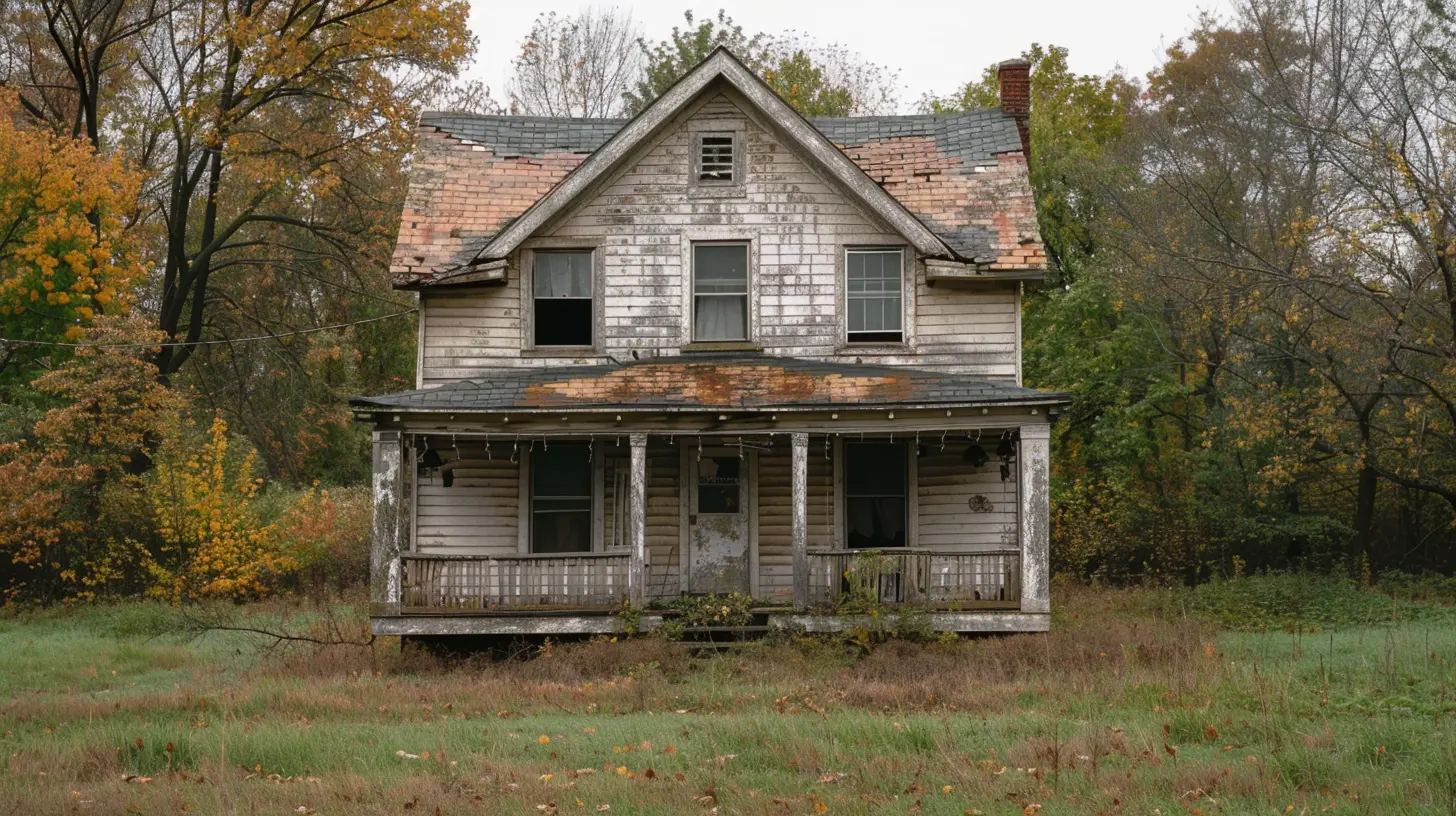
What Are Foreclosed Properties?
Before jumping into the pros and cons, let’s make sure we’re all on the same page about what foreclosed properties actually are.Foreclosure happens when a homeowner can't keep up with their mortgage payments. Eventually, the lender (usually a bank) takes legal action to repossess the property. Once the property is seized, the lender often wants to sell it as quickly as possible to recoup their money. These bank-owned properties, also called "real estate owned" (REO) or foreclosures, are then put on the market, often at a discounted price.
Sounds like a steal, right? Well, hold on—there’s more to the story. 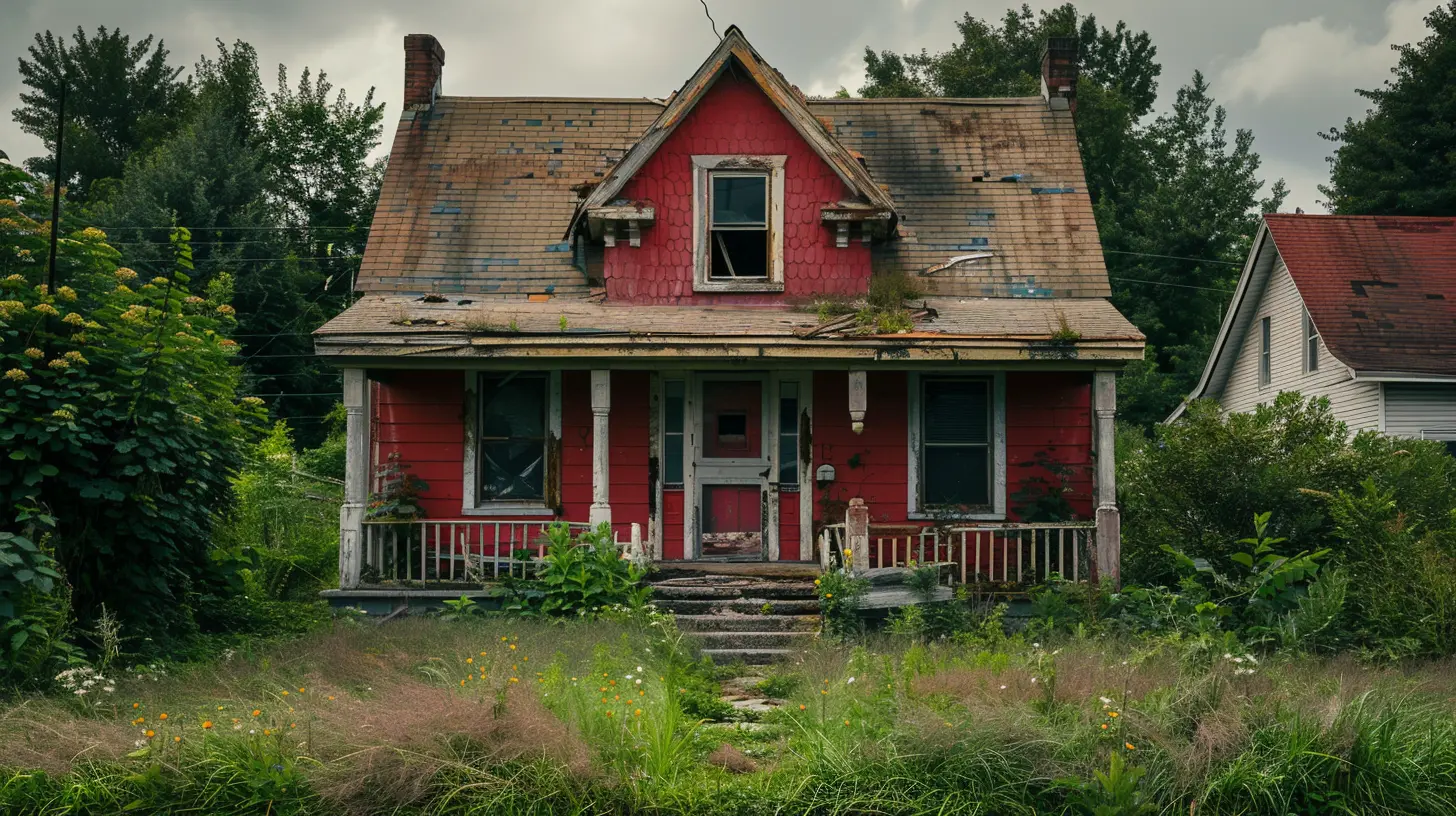
The Pros of Investing in Foreclosed Properties
Let’s start with the good stuff—because there’s definitely some solid gold to uncover here if you know what you’re doing.1. Discounted Prices
One of the biggest selling points of foreclosures is their price. These properties are often listed below market value because the lender’s primary goal is to recover their money—not turn a profit. This creates an opportunity for investors to snag a great deal that would otherwise be out of their budget.It’s like walking into a clearance sale and finding that coveted designer jacket at a fraction of its original cost.
2. Potential for High Returns
Because you’re often buying below market value, foreclosed properties can offer excellent potential for high returns. If you’re able to renovate the property affordably and sell (or rent) it at a competitive price, you’ve just created a nice little profit margin for yourself.Think of it as flipping a flea market find. With a little elbow grease, you can turn an overlooked gem into something that shines.
3. Less Competition (Sometimes)
Depending on the market, foreclosures can have less competition than traditional properties. Why? Well, not everyone is willing to dive into the complexities of buying foreclosed homes, especially if they’re unfamiliar with the process. Less competition means less bidding wars, which gives you more negotiating power.4. Diverse Opportunities
Foreclosed properties come in all shapes and sizes—single-family homes, multifamily units, commercial buildings, and even land parcels. This diversity offers investors endless opportunities to find something that suits their strategy, whether it’s long-term rentals, short-term flips, or mixed-use properties.5. Motivated Sellers
Banks and lenders aren’t in the real estate business—they’re in the lending business. The longer a foreclosed property sits on their books, the more it costs them. That means they’re often highly motivated to sell, which puts you in a strong position to negotiate.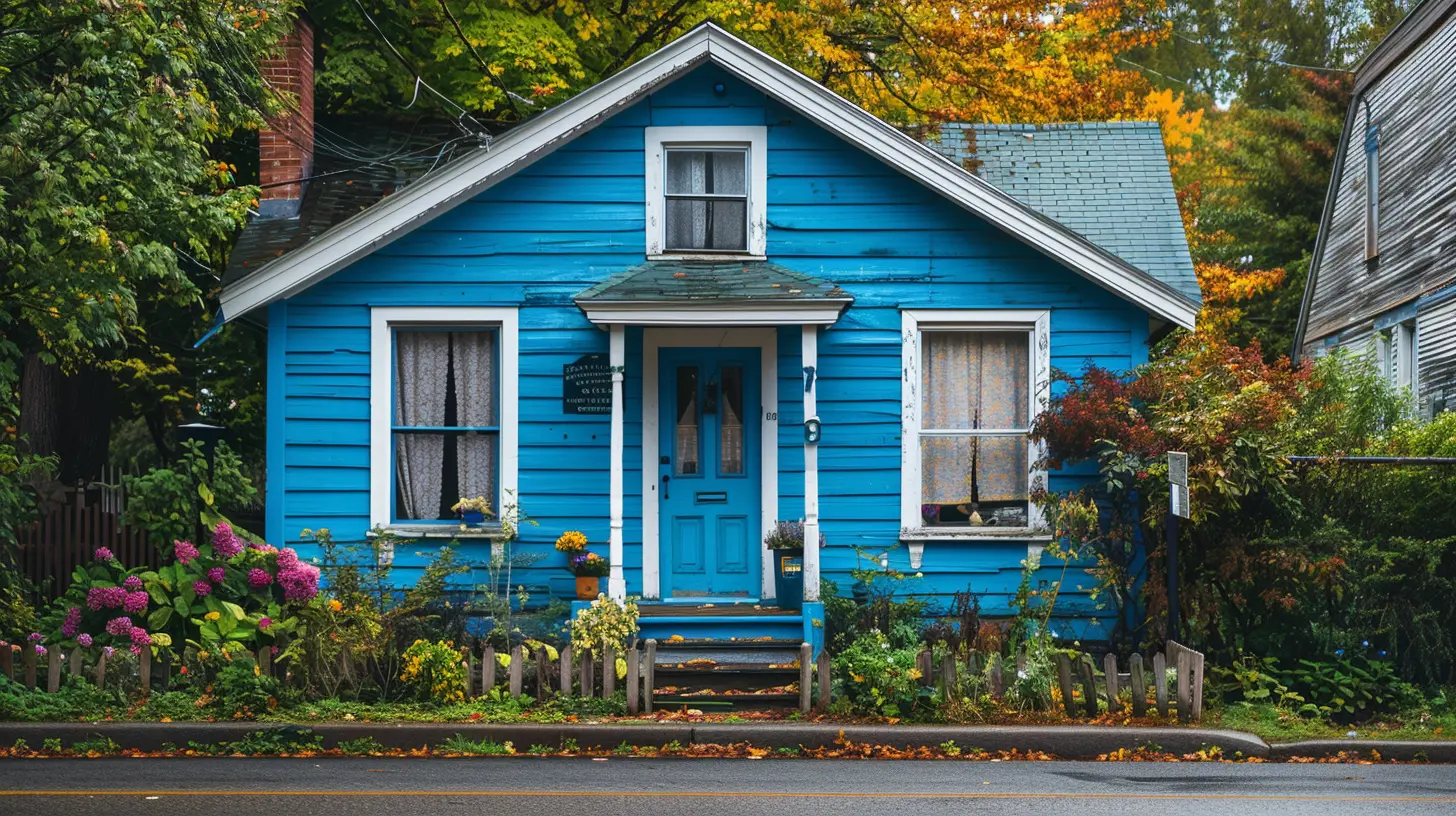
The Cons of Investing in Foreclosed Properties
Okay, now that we’ve basked in the glow of potential profits, let’s talk about the challenges. Foreclosed properties aren’t all unicorns and rainbows—they come with their fair share of risks.1. Property Condition Can Be a Mystery
One of the biggest downsides is that many foreclosed properties are sold "as-is." In other words, what you see is what you get—and sometimes, you don’t even get to see everything.Foreclosed homes may have been neglected, poorly maintained, or even intentionally damaged by previous owners. Ever heard of the phrase "buyer beware"? This is where it really applies.
2. Hidden Costs
That bargain price might not look so sweet once you factor in all the potential costs. Repairs, renovations, back taxes, legal fees, and other surprise expenses can quickly add up and eat into your profits.It’s a bit like buying a fixer-upper car—you think you’re saving money until you realize it needs a new transmission, brakes, and tires.
3. Complicated Buying Process
Purchasing a foreclosed property isn’t like buying a traditional home. There’s usually more red tape involved, which can make the process longer and more stressful. From dealing with auctions to understanding lender requirements, you’ll need to be prepared for a potentially bumpy ride.4. Risk of Title Issues
Here’s a not-so-fun fact: foreclosed properties can sometimes come with title problems. If the previous owner had liens or unpaid taxes on the property, those issues might transfer to you. That’s why doing a thorough title search is crucial—but it’s also an added layer of complexity.5. Market Volatility
Real estate markets can be tricky to predict. If you’re banking on selling the property quickly or renting it out for top dollar, an unexpected market downturn could throw a wrench in your plans.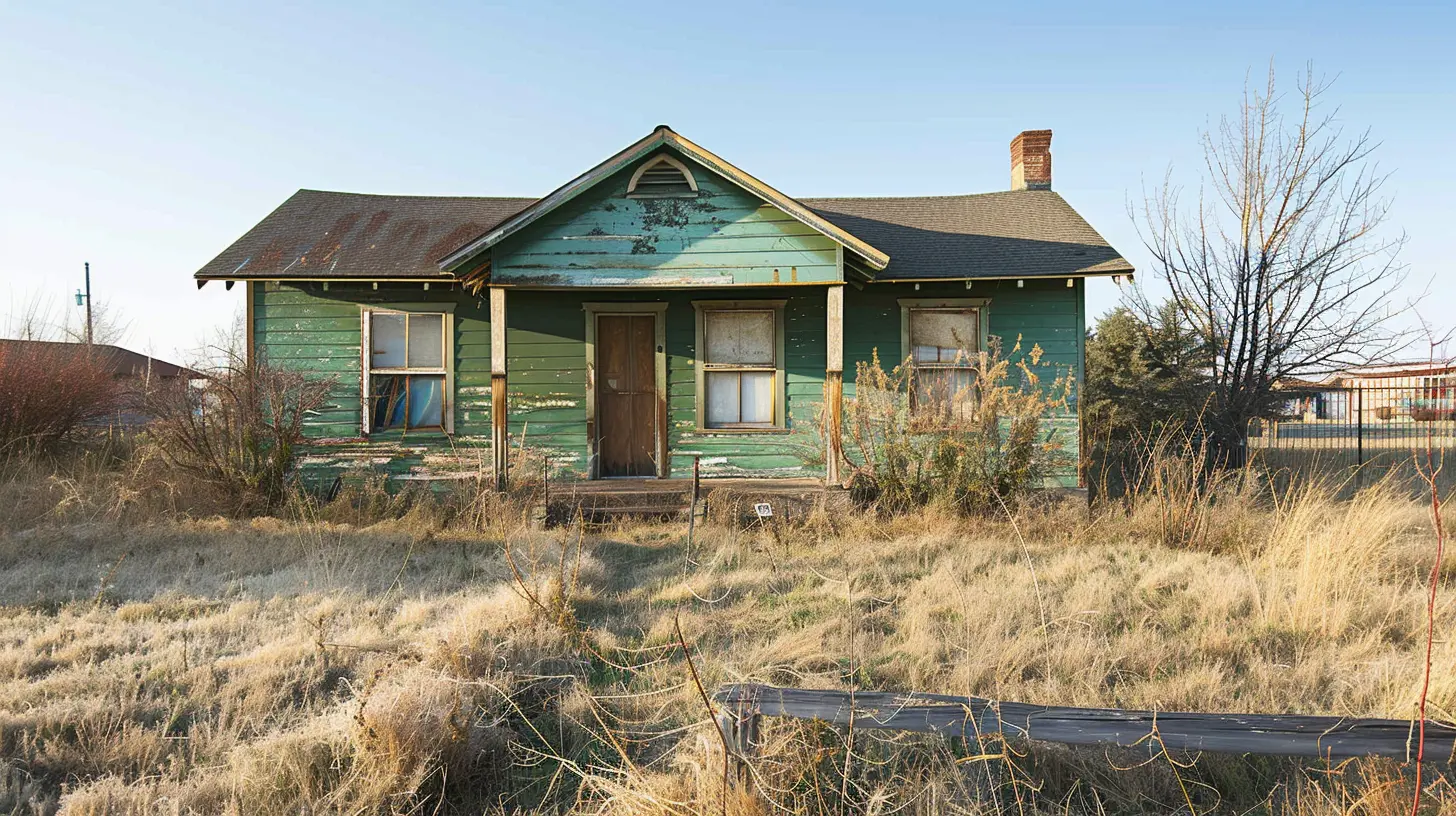
Tips for Success When Investing in Foreclosed Properties
If, after weighing the pros and cons, you’re still eager to dive into the world of foreclosure investing, here are a few tips to help you navigate the waters like a pro:1. Do Your Homework
Research is your best friend. Study the local market, understand the foreclosure process, and educate yourself on potential risks and rewards.2. Work with Professionals
Team up with experienced real estate agents, attorneys, and contractors who specialize in foreclosures. They can help you avoid costly mistakes and ensure you’re making an informed decision.3. Budget for the Unexpected
Always have a financial cushion for those “oops” moments. Whether it’s unexpected repairs or extra legal fees, having some extra wiggle room in your budget will save you a lot of stress later.4. Inspect the Property
If possible, get a professional inspection to assess the condition of the property. It’s better to know upfront what kind of work you’re walking into.5. Stay Patient and Strategic
Don’t rush into a deal just because it seems like a steal. Take your time, evaluate your options, and make sure it aligns with your long-term goals.So, Is Investing in Foreclosed Properties Worth It?
Like most investment opportunities, the answer is…it depends.If you’re willing to do your homework, take on some risks, and navigate a more complicated buying process, foreclosed properties can be a goldmine. However, if you’re looking for a smooth, low-risk investment, you might want to explore other options.
At the end of the day, it all comes down to your personal goals, risk tolerance, and willingness to put in the effort. Think of investing in foreclosed properties like fishing—you might have to deal with some tangles and challenges, but with patience and persistence, you could reel in a big catch.


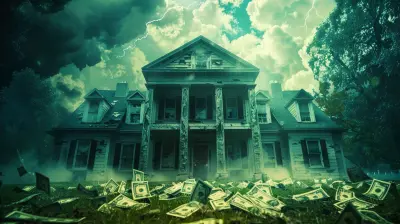





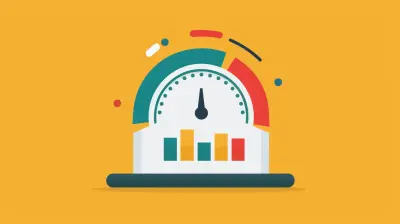

Vanya Larsen
Great insights on risks versus rewards!
March 27, 2025 at 8:49 PM